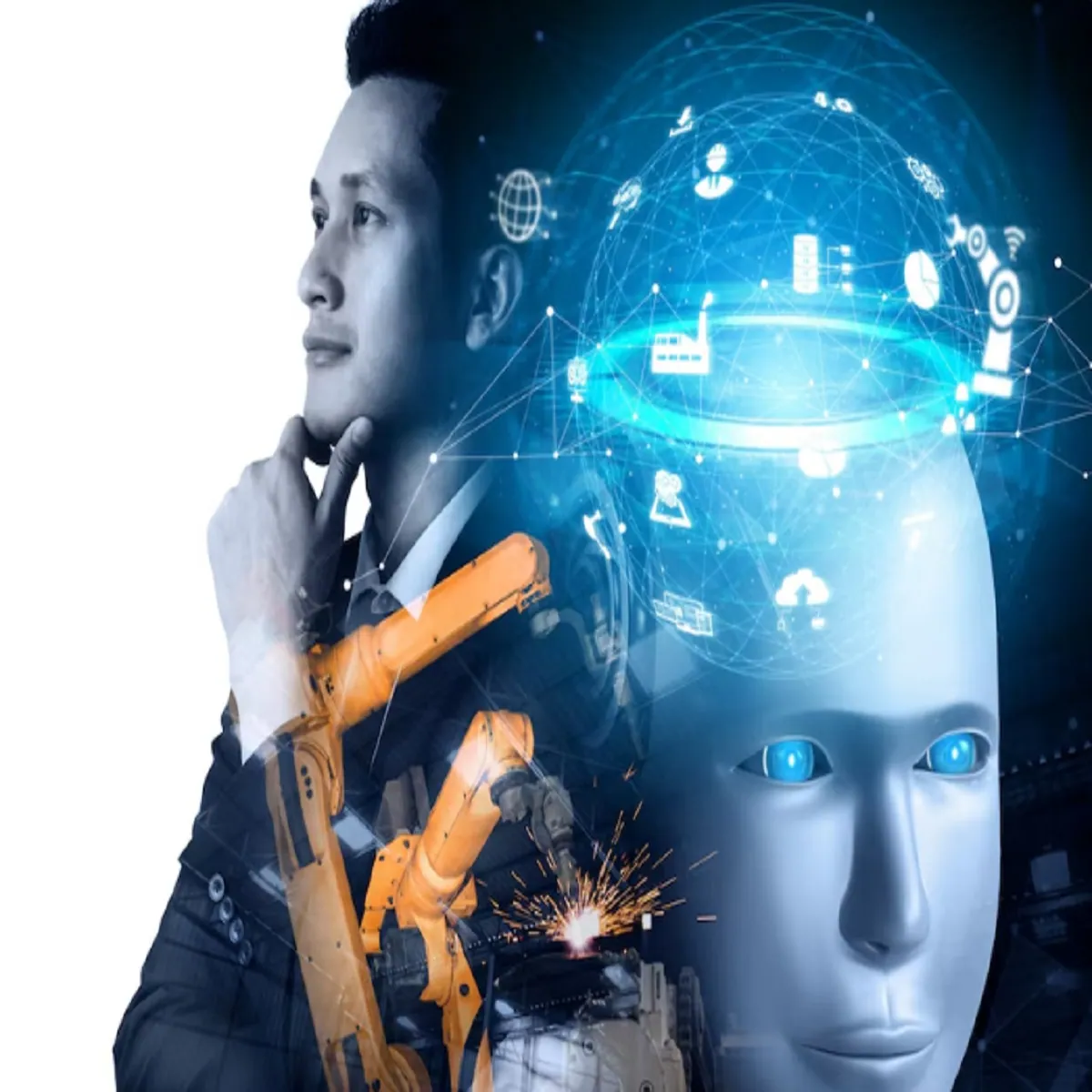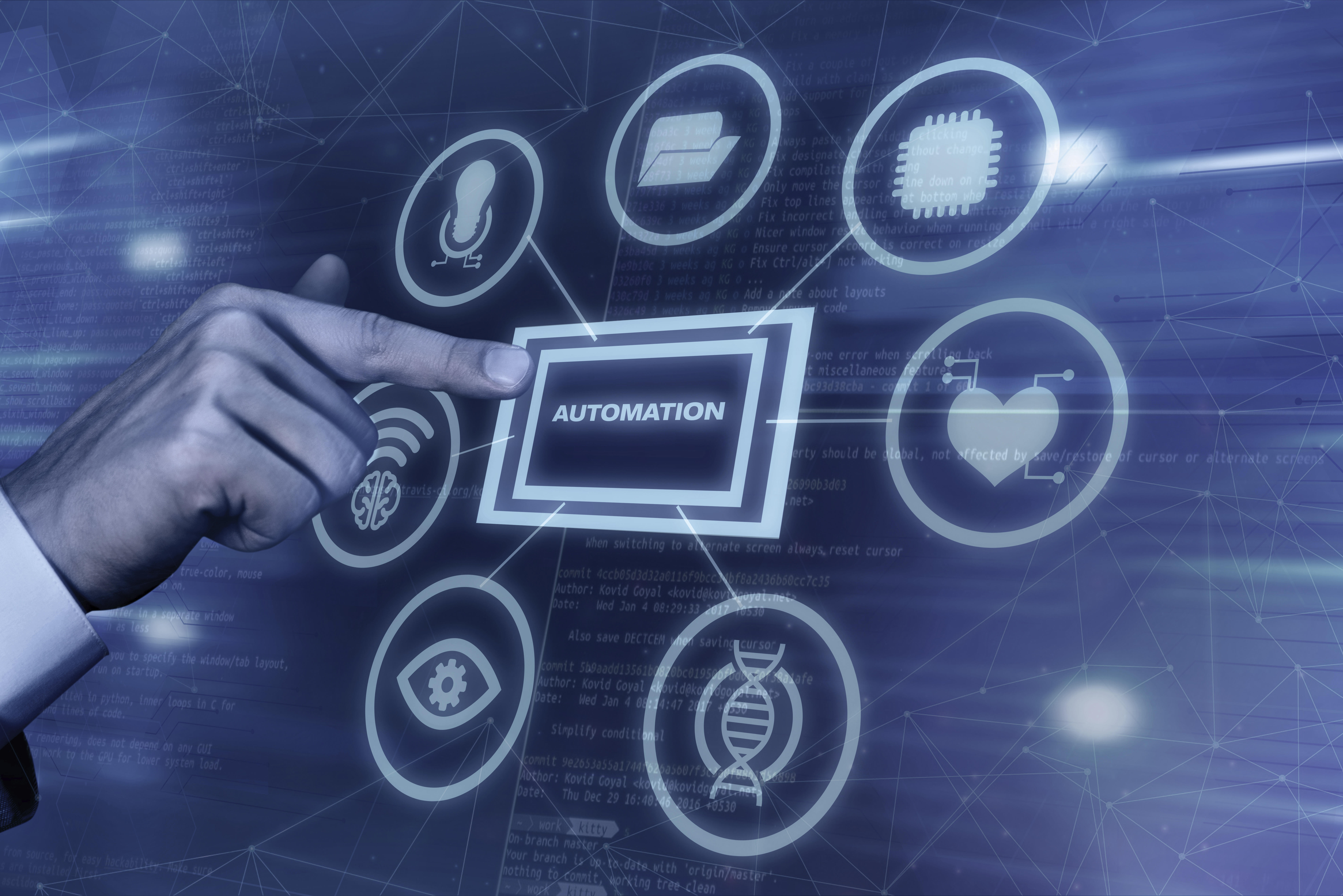The Complete Guide to Becoming an Artificial Intelligence Technician
What is an Artificial Intelligence Technician?
Artificial intelligence is one of the fastest-growing and most influential technologies in the world today—shaping everything from how we shop online to how doctors diagnose illnesses. But behind every smart AI system is a team of skilled professionals working to keep things running smoothly. One of the most important and accessible roles within this team is the Artificial Intelligence Technician. These professionals help bring AI to life by supporting the development, maintenance, and deployment of intelligent systems. Whether you’re interested in technology, problem-solving, or future-proof careers, becoming an AI technician could be the perfect starting point. In this section, we’ll explore what the role involves, why it's becoming more essential across industries, and who can benefit from learning about this exciting and in-demand career path.
A Beginner-Friendly Role in the World of AI
An Artificial Intelligence (AI) Technician is a professional who helps build, maintain, and support AI systems. They work with engineers, developers, and data scientists to make sure AI models run smoothly. This role often includes tasks like preparing data, testing AI tools, supporting machine learning projects, and managing AI software and hardware. Think of an AI technician as the technical assistant behind the scenes, making sure everything in the AI workflow functions correctly.
Why Do AI Technicians Matter Today?
AI is transforming the way we live and work—from self-driving cars and virtual assistants to fraud detection and smart healthcare. With this rapid growth, companies need skilled technicians who understand how AI systems operate. These professionals ensure AI models are running properly, and they help troubleshoot problems that might arise in real-world applications.
What Does an Artificial Intelligence Technician Do?
Understanding the day-to-day tasks of an Artificial Intelligence Technician is key to knowing whether this career path is a good fit for your interests and skills. While the role may not always involve designing complex algorithms or building AI models from scratch, it plays a vital part in supporting, testing, and maintaining the systems that make AI function in the real world. These technicians are the behind-the-scenes professionals who ensure that AI tools are running smoothly, accurately, and efficiently. Their work helps turn experimental models into practical solutions used in everyday life—from virtual assistants and chatbots to medical imaging and fraud detection systems. In this section, we’ll break down the core responsibilities, explore the industries where AI technicians are in demand, and look at how their work applies to real-world use cases across various sectors.
Key Responsibilities of the Role
An Artificial Intelligence Technician plays a hands-on role in supporting the design, development, and maintenance of AI systems. Their daily tasks often include preparing and managing data, testing AI models, monitoring system performance, and troubleshooting software or hardware issues. They may assist in training machine learning models by feeding them accurate data or refining the results of existing algorithms. These technicians also help integrate AI tools into larger systems, ensuring everything runs smoothly and efficiently.
Where Do AI Technicians Work?
AI technicians are needed in a wide range of industries. You’ll find them working in tech companies, healthcare organisations, finance firms, manufacturing plants, and even government agencies. Some work in research labs, while others support commercial AI products like chatbots, virtual assistants, or recommendation engines. Depending on the job, technicians might work in an office, a data centre, or remotely from home. Because AI is used in so many fields, this career offers flexibility and variety in work environments.
What Skills are Needed to Become an Artificial Intelligence Technician?
You'll need a diverse set of skills that span both technical expertise and soft skills. The role involves working closely with AI systems, so a strong understanding of programming languages like Python and data analysis tools is crucial. Additionally, foundational knowledge of AI and machine learning concepts will help you understand how AI models function and how they’re applied in real-world scenarios. But technical skills alone aren’t enough—soft skills such as communication, problem-solving, and adaptability are just as important, as they enable you to work efficiently within teams and handle the fast-paced nature of AI development. In this section, we’ll dive deeper into the key skills you'll need to excel in this career.
Mastering the Tools of the Trade
Technical skills form the backbone of your daily tasks. Key programming languages like Python, which is essential for AI-related work, are a must-know. Other languages like R or Java may also come in handy depending on the project or industry. Data analysis skills are equally important—being able to clean, manipulate, and visualize data effectively with tools like Pandas and Matplotlib is essential. Additionally, working knowledge of AI frameworks such as TensorFlow and PyTorch will help you support machine learning projects and assist in the deployment of AI models.
Foundational AI and Machine Learning Knowledge
While you won’t be responsible for creating complex algorithms, understanding the basics of AI and machine learning is crucial. This includes knowledge of machine learning algorithms, neural networks, and how data is processed to train models. Familiarity with supervised and unsupervised learning, as well as evaluation techniques like cross-validation, will enable you to contribute meaningfully to the development and fine-tuning of AI models. Understanding these concepts will also allow you to better troubleshoot and optimize the AI systems you support.
How Can you Become an Artificial Intelligence Technician?
Becoming an exciting journey that combines learning technical skills, gaining practical experience, and staying up to date with the latest advancements in AI. If you’re passionate about technology and problem-solving, following a structured path can set you up for success in this field. In this section, we’ll break down a step-by-step guide to help you on your way, from understanding the fundamentals of AI to landing your first job and continuing your professional development. Whether you’re just starting out or looking to grow your skills, this guide will provide a clear roadmap to becoming an AI technician.
Understand AI Fundamentals
Before diving into the technical aspects, it’s important to understand the basic concepts of AI. Familiarize yourself with machine learning, neural networks, and data processing. Grasping these foundational topics will give you the necessary framework for the more technical skills you’ll need later on. Understanding how AI systems function will allow you to troubleshoot and optimize models more effectively.
Learn Relevant Programming Languages (Like Python)
Python is the primary language used in AI development, and it’s essential. Other languages like R or Java can also be useful, depending on your specific role or industry. Start by mastering Python’s syntax, libraries, and tools, as this will be a key skill throughout your career.
Take Beginner-Friendly AI Courses
To build a solid foundation, take beginner-friendly AI courses. Platforms like Learn Artificial Intelligence (LAI) offer comprehensive courses that cover everything from basic AI concepts to more advanced techniques. These courses are designed for people new to AI, helping you learn step by step in an easy-to-understand way.
What Education and Certifications are Needed for AI Technicians?
To become an AI Technician, you don’t necessarily need a traditional degree, but education and certifications can play a crucial role in enhancing your qualifications and increasing your chances of success in the field. While degrees in computer science, data science, or related areas are helpful, many professionals enter the field through alternative paths, such as online courses and certifications. In this section, we’ll explore the educational options available, including valuable degrees and certifications from industry leaders like Google, IBM, and Microsoft. We’ll also discuss how online courses can bridge the knowledge gap and help you build the skills necessary for a successful AI career.
Recommended Degrees (Optional but Helpful)
While a formal degree is not always a strict requirement to become an AI technician, having a background in a related field can be beneficial. Many AI technicians hold degrees in computer science, software engineering, data science, or mathematics. These degrees provide a strong foundation in programming, algorithms, and data analysis. However, many individuals without formal degrees in AI have successfully entered the field by gaining the necessary skills through alternative methods like online courses and hands-on experience.
Valuable Certifications
Certifications are an excellent way to enhance your qualifications and stand out in a competitive job market. Recognized AI certifications from industry leaders like Google, IBM, and Microsoft can validate your skills and knowledge. For instance, Google offers an AI and machine learning certification through its Google Cloud Training program. Similarly, IBM’s AI Engineering Professional Certificate covers key concepts such as deep learning and neural networks. Microsoft’s certifications in Azure AI also help demonstrate proficiency in using cloud services to build AI solutions. These certifications not only showcase your expertise but can also help you keep up with the ever-evolving landscape of AI technologies.
What Tools and Technologies Should Every Artificial Intelligence Technician Know?
To perform effectively in the AI field, must be equipped with the right tools and technologies. These include programming languages, AI frameworks, cloud platforms, and data manipulation tools that support the development and deployment of intelligent systems. Understanding how to use these technologies not only boosts productivity but also ensures you can work efficiently across different projects and industries. In this section, we’ll explore the essential tools that every aspiring AI technician should become familiar with to succeed in this fast-evolving field.
AI Frameworks: TensorFlow and PyTorch
AI frameworks are essential for building, training, and deploying machine learning models. TensorFlow, developed by Google, is widely used for deep learning applications and supports a wide range of tools and community resources. PyTorch, developed by Facebook, is another popular framework known for its flexibility and ease of use in research and production environments. Both are powerful tools that an aspiring technician should become familiar with to work effectively on AI projects.
Programming Languages: Python and R
Python is the most commonly used language in AI and machine learning. It’s beginner-friendly and supported by a large number of libraries like Scikit-learn, Pandas, and NumPy. R is another useful language, particularly for data analysis and statistical computing. Knowing how to code in these languages allows you to develop models, manipulate data, and automate tasks efficiently.
What are the Career Paths and Job Opportunities for Artificial Intelligence Technicians?
As the demand for AI-driven solutions grows across industries, the role of an Artificial Intelligence Technician is becoming increasingly valuable. Whether you're just starting out or looking to transition into the field, there are many exciting career opportunities available. From entry-level positions supporting AI systems to advanced roles in machine learning and data science, the career path offers flexibility, growth, and strong earning potential. In this section, we’ll explore common job titles, advancement opportunities, and what you can expect in terms of salary and long-term career outlook.
Typical Entry-Level Job Titles
Starting a career in AI often begins with roles that allow you to build hands-on experience and grow your technical skills. Common entry-level job titles include AI Support Specialist, Junior Machine Learning Technician, Data Technician, AI Lab Assistant, and Technical Support Analyst. These roles usually focus on maintaining AI systems, preparing datasets, assisting with model development, and testing machine learning applications. They offer a solid foundation for gaining real-world experience and understanding how AI tools function in different environments.
Career Progression and Growth Options
With experience and continuous learning, professionals can progress to more advanced roles such as Machine Learning Engineer, AI Developer, Data Scientist, or AI Systems Architect. Over time, you may also move into specialist positions in areas like computer vision, natural language processing, or robotics. Some technicians grow into project management or leadership roles, overseeing teams that design and deploy AI systems in various industries. The path is flexible and offers many opportunities to align with your interests and strengths as you build your career.
Conclusion
Becoming an artificial intelligence technician is a smart and rewarding career move in today’s fast-changing tech landscape. Throughout this guide, we’ve explored what is artificial intelligence technician, the skills needed, tools to master, career paths, and how to get started. With growing demand across industries, now is the perfect time to begin your journey. Whether through free resources or structured courses, such as those offered by LAI, you can start building your future in AI today. Stay curious, keep learning, and take that first step toward a meaningful and high-impact career.








